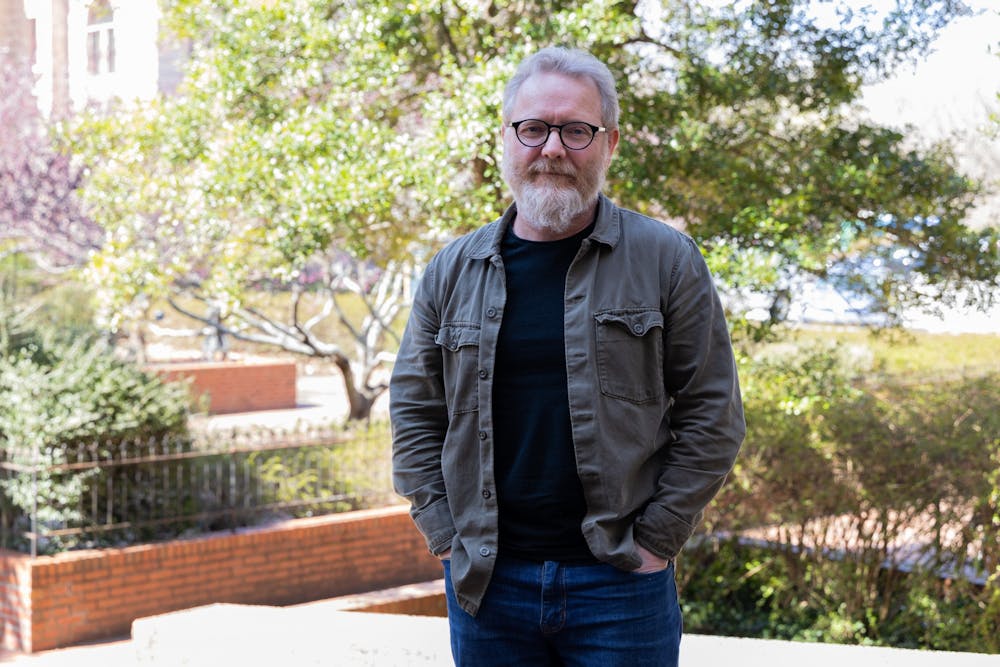“It would be nice to go six months without experiencing some major historical event,” one of my Daily Tar Heel coworkers said at a recent Editorial Board meeting.
We shared a brusk laugh. None of us could remember the last time we opened a news app and didn’t feel our stomachs churn, anxiously awaiting headlines about how another global catastrophe had struck.
Fast forward to Feb. 24 — the international community watched in horror as Russia invaded Ukraine, forcing millions to flee their homes for safety. Once again, the world held its breath in shared trepidation.
“It’s been a very rough few weeks,” said Professor Graeme Robertson, director of the Center for Slavic, Eurasian and East European Studies at UNC. He spoke about how UNC professors are navigating dialogue about the humanitarian crisis in Ukraine, and what actions we can collectively take to spread awareness.
Professor Robertson emphasized how social media has made access to news “much more immediate.”
Inevitably, an abundance of information poses both a blessing and a curse. In 2009, the American Academy of Pediatrics found that consistent exposure to graphic or distressing news can contribute to emotional desensitization to violence. Though my generation may be more informed than its predecessors, we are oftentimes numb to struggles that do not directly affect us.
This conversation made me reflect upon my own social media usage. I often tend to swipe away the CNN notifications that pop up on my phone instead of reading them, or scroll through one of many TikToks explaining recent events.
I know I am not the first — nor last — to say that it is an immense privilege to choose when I consume news based on personal convenience, rather than experience its subject matter firsthand.
In the age of information, it has never been so easy to overlook conflicts the media has already covered in seeming abundance and instead focus on the new, oftentimes sensationalized, events which emerge. This harmful tradeoff should not exist.




